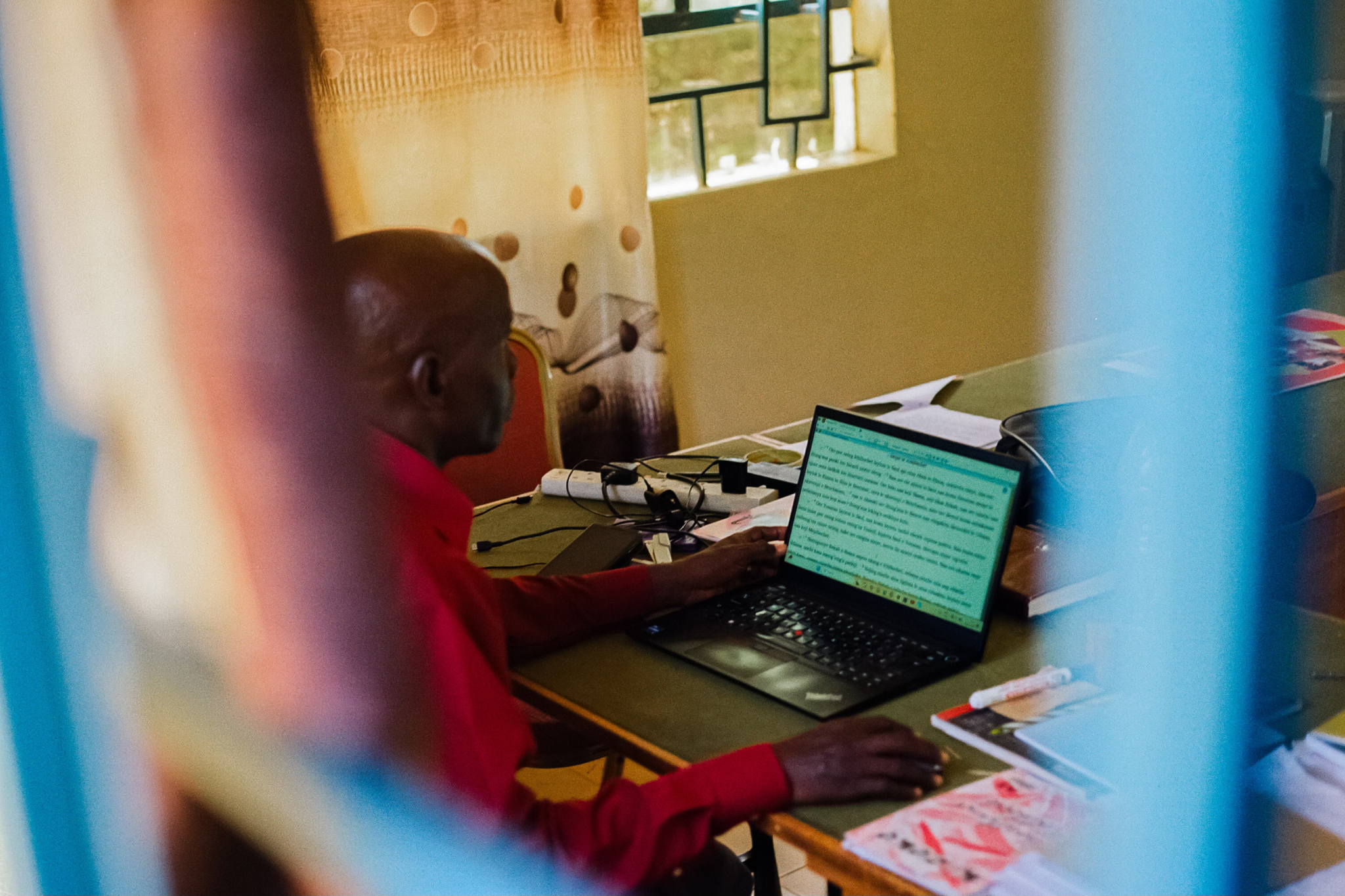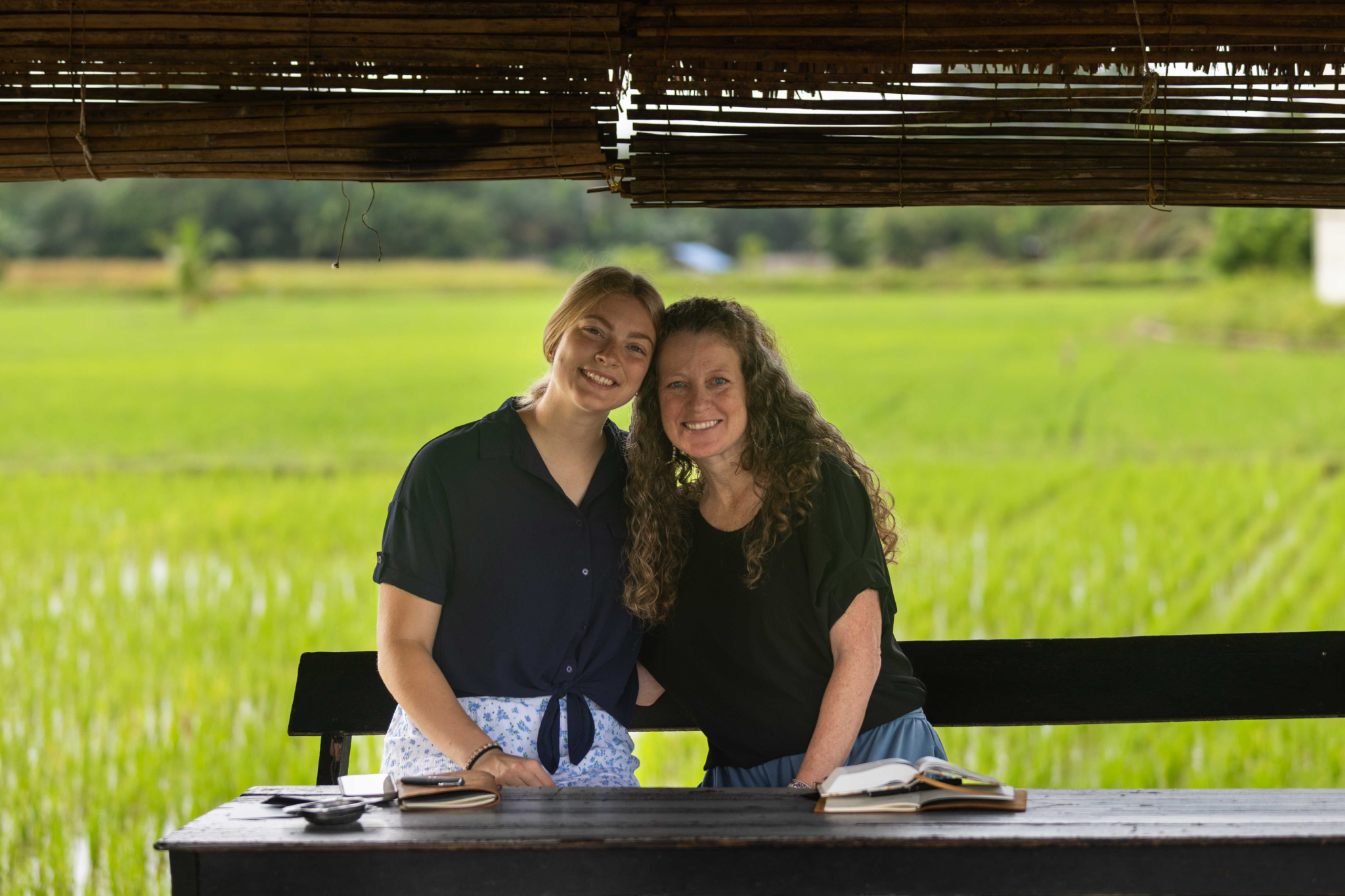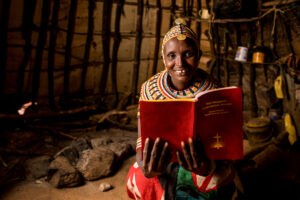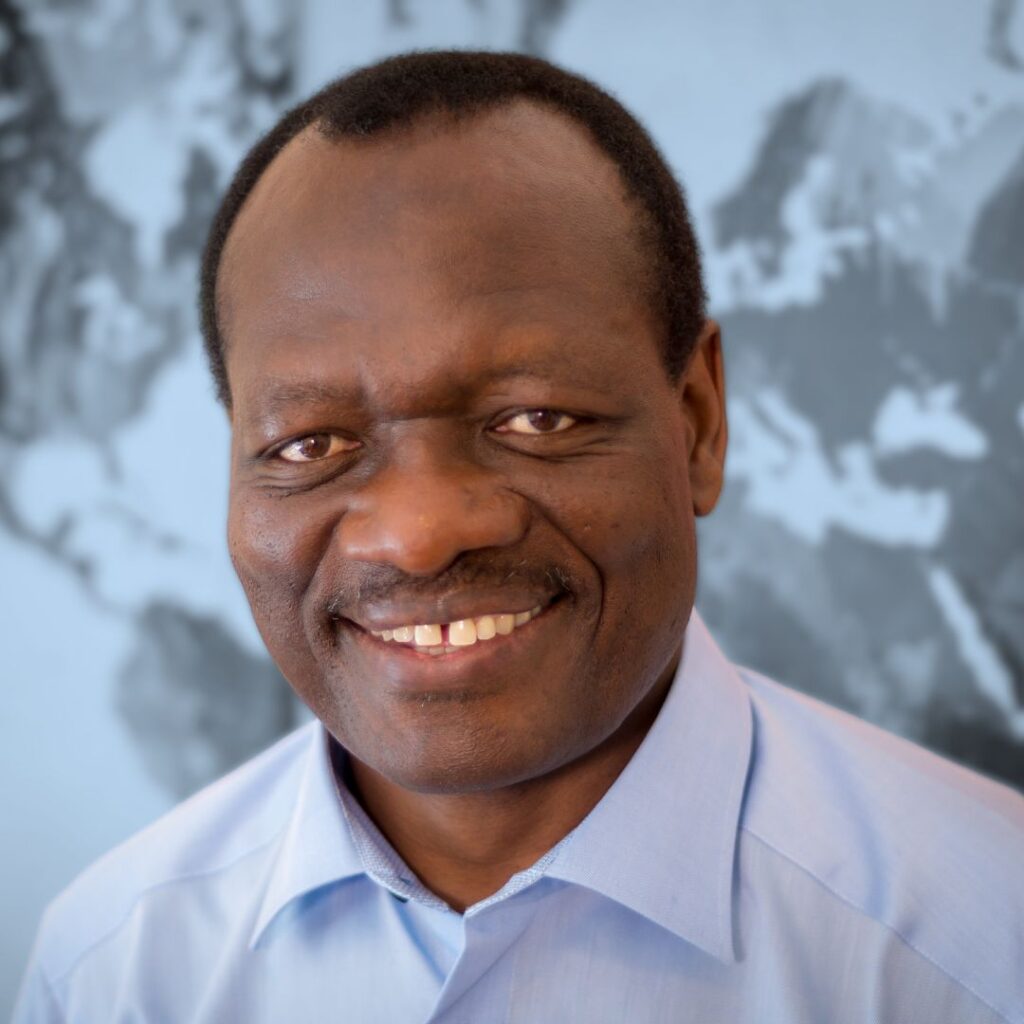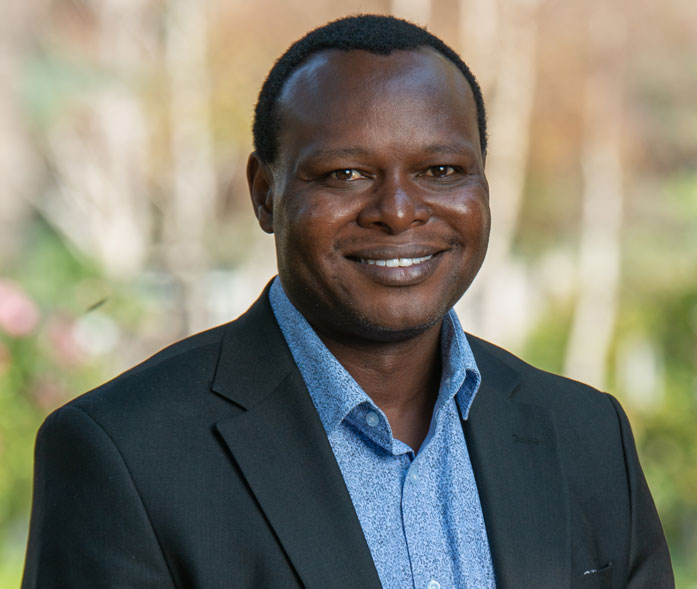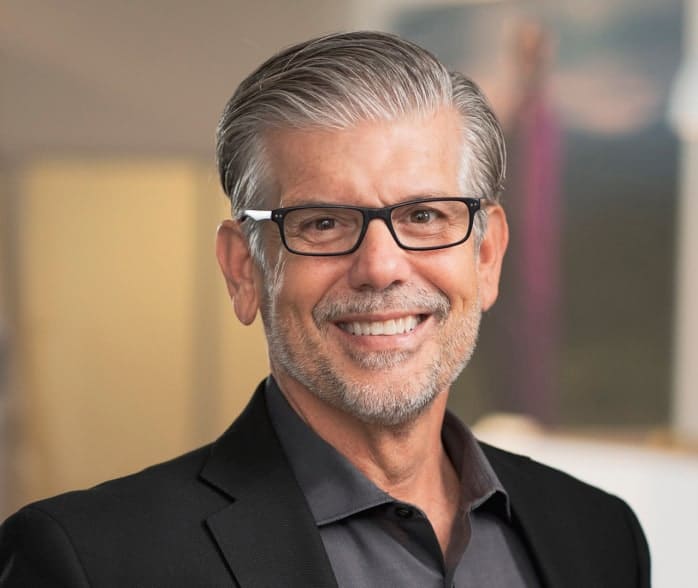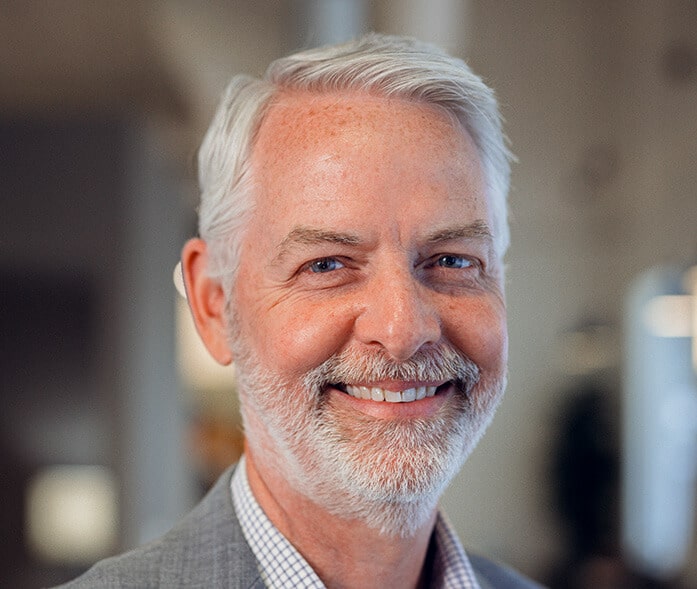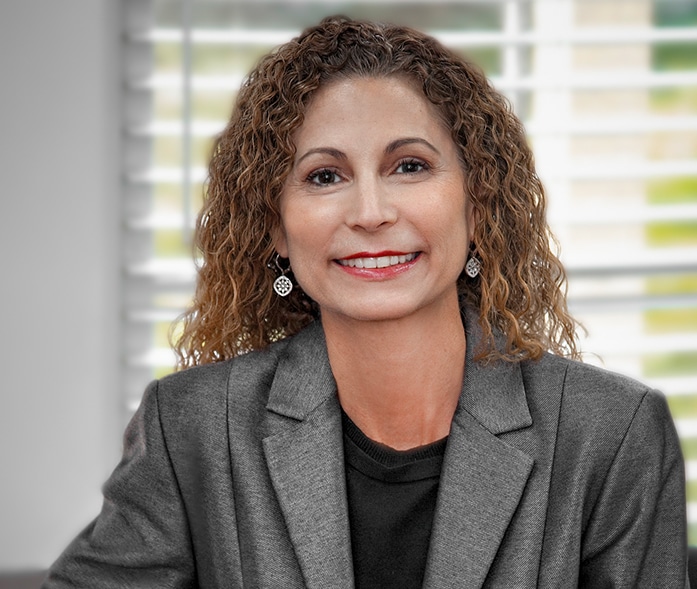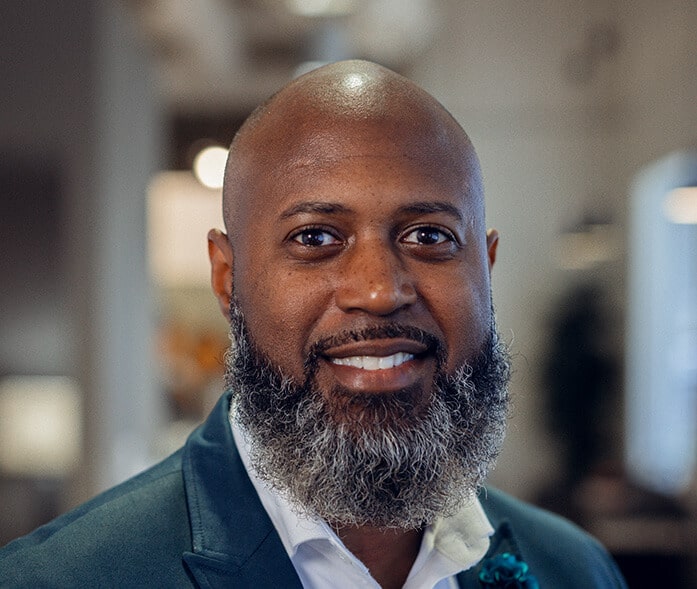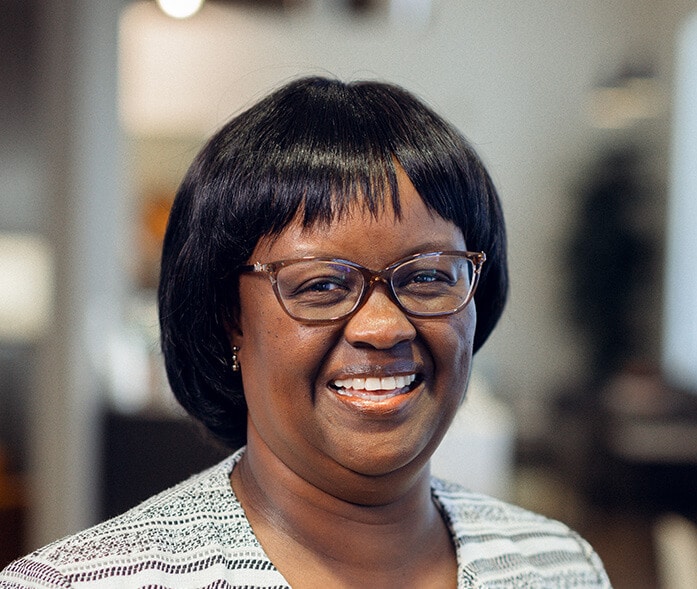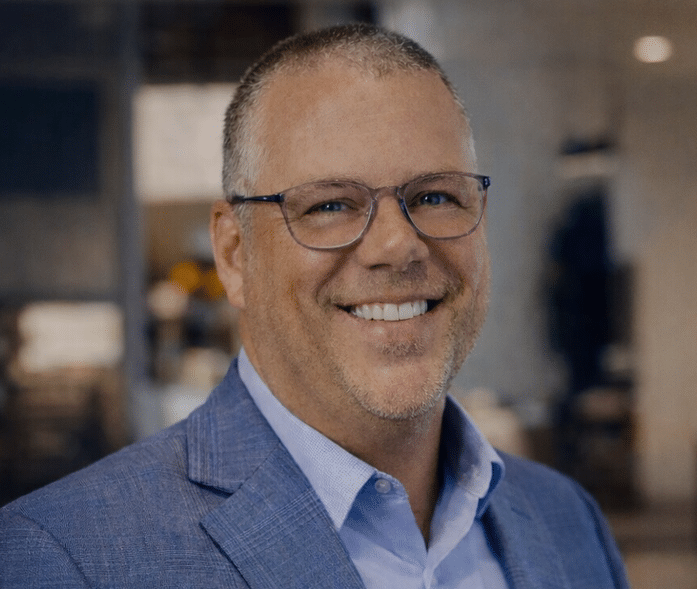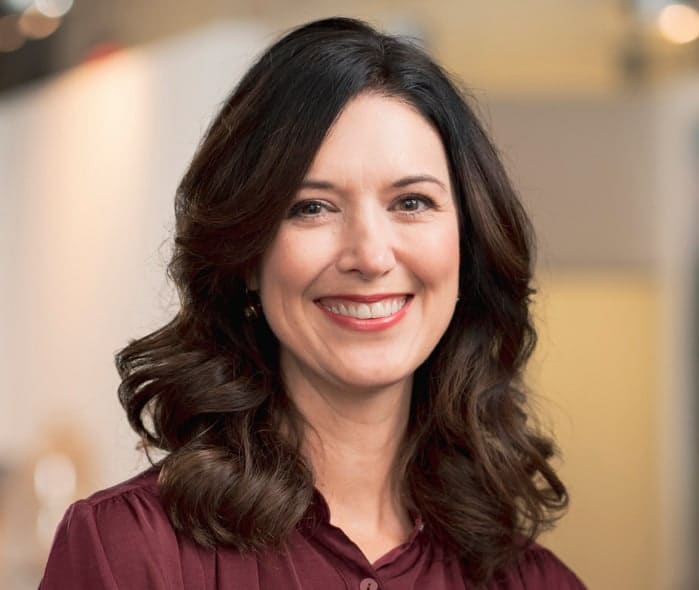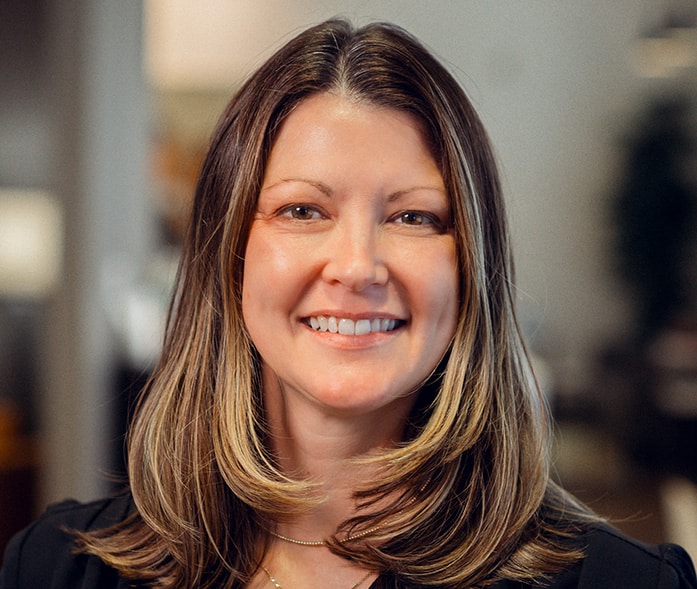Orality specialist Janet Stahl recounts the joy of telling Bible stories around the world
My husband and I are international orality consultants with Seed Company. We work with people in Asia, Ethiopia, and the Pacific to train teams of storytellers from communities who do not yet have access to the Bible in their language.
Most people around the world tell stories, at least informally, because they enjoy both telling and hearing them. But when God’s Word and storytelling converge, called oral Bible storytelling, it changes lives.
Here are three ways storytelling is making an impact on communities without a full Bible.
1. Storytelling establishes relationships and builds community across traditional barriers.
How many stories were shared at your last family reunion or gathering with friends? We all rehearse or retell significant stories to reestablish our bonds, whether those stories bring us joy or remind us of painful times. When we meet new people, we tell stories about our past to cultivate new relationships, and we create new experiences together that unite us through common stories.
In one example of this, members of three distinct language communities in Papua New Guinea united in a traditional song and dance presenting the story of Moses’ birth. Why was this so impactful? These three tribes proudly maintained their distinct community identities through their chanting and dance styles, going so far as to assign someone whose only role was to make sure the dancers and chanters maintain the traditional rituals precisely. But they were so inspired by the words of the Bible that one woman from one language wrote the chant, a composer from another language put the rhythm together, and a caller from a third language led the chanting—while members from all three languages, wearing their own traditional costumes, danced to the drumming and chanting. People cried during the experience, and by the end of the song, everyone was dancing!
2. Storytelling helps us make sense of what confuses or troubles us.
How often do you turn on your favorite playlist when you have a bad day, or sing “Jesus Loves Me” to your children to soothe their worries?
A pastor I worked with was asked to visit a prison to speak with a young man who was so depressed that he wasn’t eating. The pastor shared the story of the prodigal son, a reminder of God’s amazing grace toward those who struggle with a sense of failure or condemnation from others. The young man responded for the first time in weeks, and eventually, he ate. His circumstances hadn’t changed, but the words of God brought him hope. This particular story has encouraged so many people I’ve come across. As one woman in Asia shared after hearing it, “Jesus must have been talking about God as the Father because no human father could possibly be so loving.”
3. Storytelling helps us find meaning in trauma or crises.
Learning the story of Ruth and Naomi prompted several South Asian women to reconcile with their mothers- and daughters-in-law. At another workshop, two storytellers, one from Papua New Guinea and one from South Asia, reported that couples who were determined to end their marriages changed their minds after hearing the story of God creating man and woman in Genesis 2. In both cases, the spouses asked each other for forgiveness and committed to working out their differences. In one marriage, the husband publicly pledged to be faithful to his wife, and in the other, the young man publicly pledged not to divorce his wife, even if she could not have a baby.
I’ve come across others who have been greatly encouraged by Hannah’s story (1 Samuel 1) or the story of Jesus healing the woman who was sick for 12 years (Mark 5). Some people expressed joy and comfort that God listens and responds to prayers. Hearing the story of Cain killing his brother has brought some people to tears, and many listeners wonder at God’s amazing mercy toward Cain in this story.
The beauty of storytelling is that it helps us internalize the message of the gospel from head to heart. After decades of telling Bible stories to communities that don’t have a written language or who have never had a full Bible in their language, I see firsthand the power of truth spoken aloud. When a story reaches our hearts, life is never the same.

